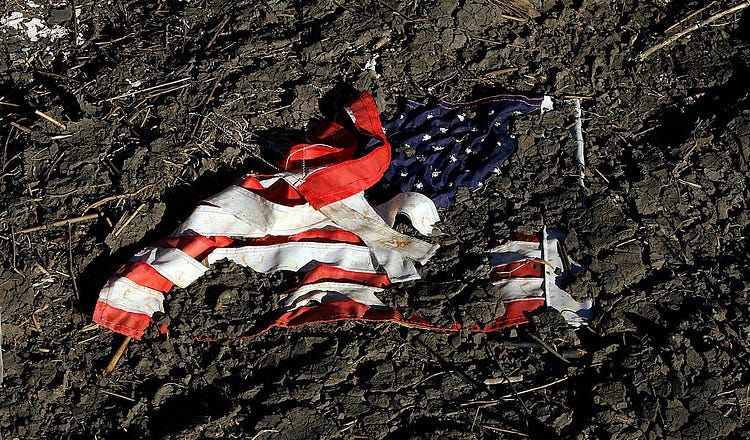Yuval Levin: The Assassination Attempt—and America’s Choice

“Beyond the bounds of constitutionalism, there is a realm of violence and pain.” (Photo by Ethan Miller via Getty Images)
We had a terrible glimpse into what it would feel like to live beyond the bounds of our constitutional republic. We must reject that.
578
Yuval Levin is many things—constitutional scholar, former presidential adviser, political analyst. Jonathan Chait in New York magazine called Levin “the most influential conservative intellectual of the Obama era.” Ben Shapiro called him “the most important voice in the political culture.”
He is also, for my money, one of the most cogent explainers of ou…
Continue Reading The Free Press
To support our journalism, and unlock all of our investigative stories and provocative commentary about the world as it actually is, subscribe below.
$8.33/month
Billed as $100 yearly
$10/month
Billed as $10 monthly
Already have an account?
Sign In

